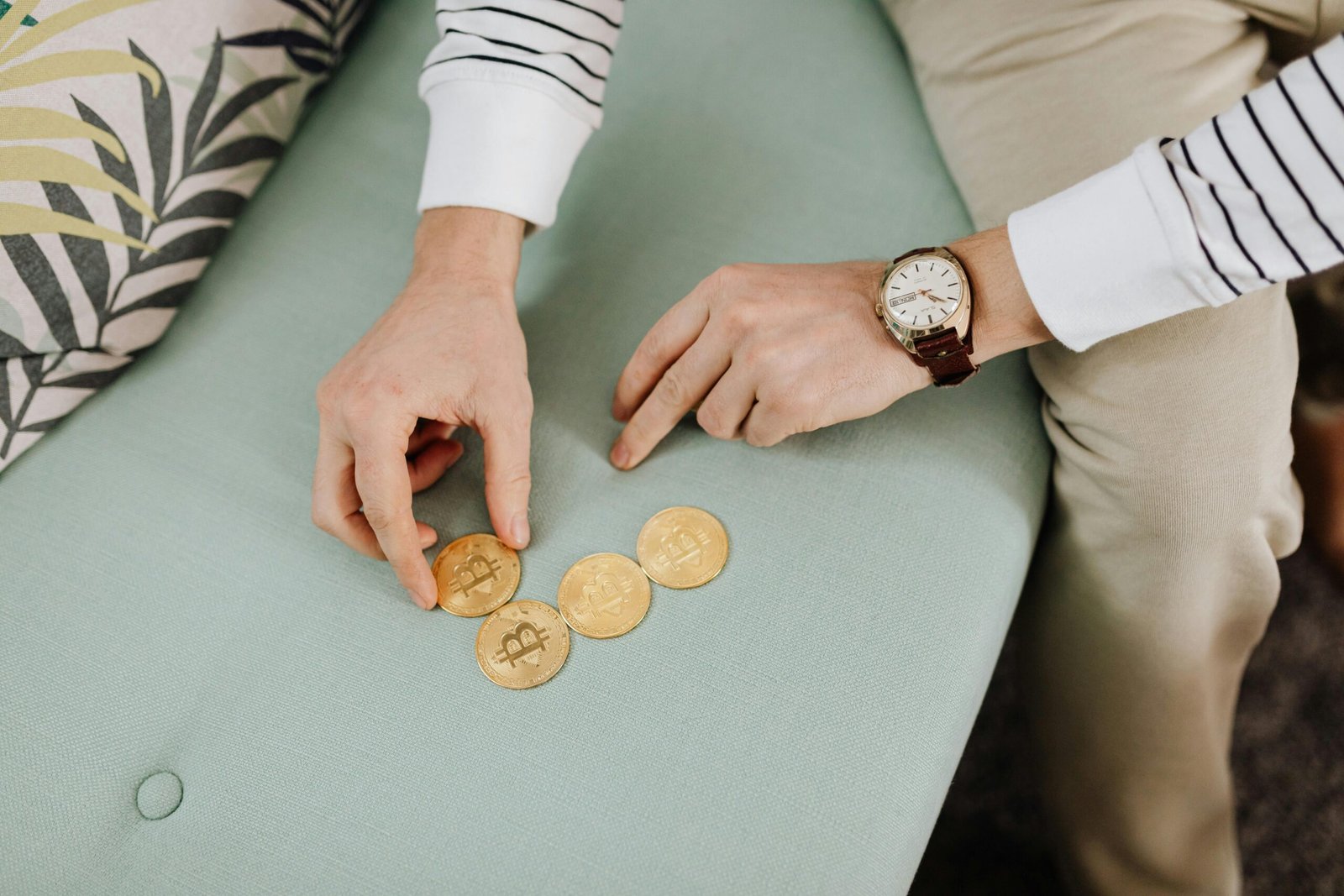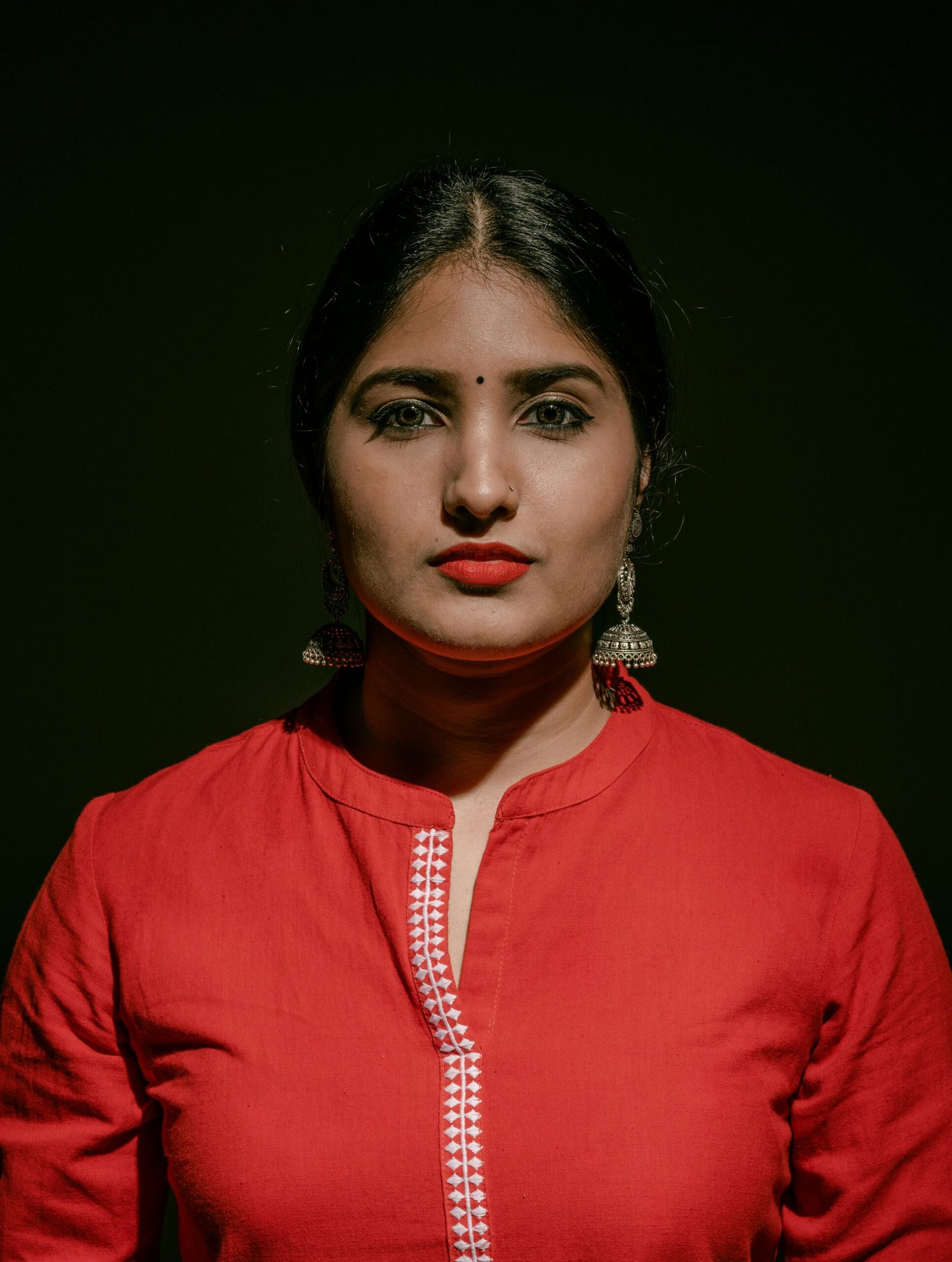The Rapid Evolution of Fashion Through Technology
The fashion industry is evolving at a breakneck speed, with new styles emerging each season. Retail giants like Shein, H&M, and Zara are known for their ever-changing collections. To meet the growing demand for fresh designs, fashion brands and manufacturers are increasingly turning to technological innovations. Among these innovations is Raspberry AI, a startup that has revolutionized the design process by enabling designers to bring their ideas to life almost instantaneously.
Raspberry AI: Transforming Fashion Design
Founded just two years ago, Raspberry AI offers a text-to-image platform that significantly speeds up product development. Cheryl Liu, the visionary behind Raspberry, identified an opportunity to integrate generative AI into fashion design. This realization came on the heels of advancements in image models like OpenAI’s DALL-E and Stability AI’s stable diffusion in late 2022.
“For the first time in history, you could rapidly create hundreds of designs in a way that you could never do before,” Liu shared with TechCrunch.
Cheryl Liu
Traditionally, designers had to rely on physical samples or outdated computer-aided design tools like Browzwear and Adobe Photoshop to visualize their ideas—a process that could take weeks. However, Raspberry AI enables designers to transform their sketches into photorealistic images as they would appear on a brand’s website. This advancement allows brands to decide more efficiently whether to proceed with manufacturing a product.
Revolutionizing the Design Process
- Visualize designs instantly through text-to-image technology.
- Create multiple iterations without physical samples.
- Enhance decision-making with photo-realistic imagery.
Raspberry’s innovative approach has caught the attention of numerous brands. The startup boasts 70 customers, including prestigious names like Under Armour, Groupo Teddy—an Italian manufacturer with 8,840 stores worldwide—and luxury designer MCM Worldwide. This rapid growth secured Raspberry a $24 million Series A funding round led by Andreessen Horowitz, with contributions from existing investors such as Greycroft and Correlation Ventures. This funding follows closely on the heels of a previous $4.5 million round.
The Competitive Edge of Raspberry AI
While acknowledging competition from other AI image generators like Midjourney and Adobe Firefly, Raspberry AI distinguishes itself by accurately interpreting industry-specific terminology. For instance, when describing a “fuzzy sweater,” Raspberry understands the nuanced design terms that other platforms might miss.
“There’s a lot of [design-specific] terminology behind that sweater that a Midjourney does not know,” Liu explained.
Cheryl Liu
Another unique feature of Raspberry is its ability to create images directly from sketches—an asset highly valued by professional designers.
The Future of Design with Raspberry AI
With the newfound funding, Raspberry plans to expand its team by hiring engineering, sales, and marketing professionals. The company also aims to broaden its horizons beyond fashion into home, furniture, and cosmetics product design.
Raspberry AI is undeniably at the forefront of merging technology with fashion design—a trend that promises to reshape how the industry approaches creativity and innovation.



